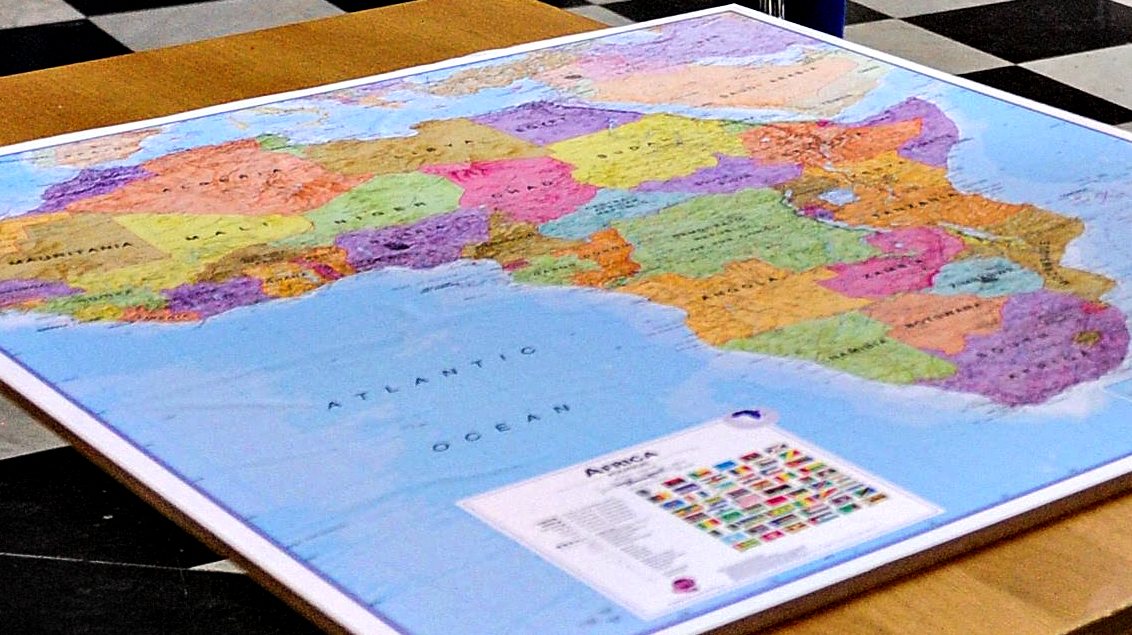The return to the international market, together with the downward trajectory of average interest rates, provides an opportunity for African countries to undertake prudent borrowing exercises.
The consulting firm Pangea-Risk considered this Monday that investors trust more in the financial capacity of African countries to honor their commitments thanks to budget consolidation and the support of the International Monetary Fund (IMF) programs.
The successful completion of International Monetary Fund (IMF) programs and consolidation efforts support the improving outlook for evolution from the debt of African countries,” write the analysts of this British consulting firm in a report titled African sovereign debt: moving away from the abyss.
In the document, the analysts review the recent emissions of Côte d’Ivoire, Benin and Kenya, which marked the end of a two-year withdrawal from international markets, and point out that other large economies in sub-Saharan Africa, such as Nigeria, South Africa, Angola and Egypt should soon resume issuing public debt.
“Governments that have demonstrated their credentials in public finances and sound monetary policies will reap the benefits of a revived interest of investors in African bonds this year and next,” the analysts write in the report to which Lusa had access.
Signed by Faisal Khan, from Acre Impact Capital, Robert Besseling, founder and director of Pangea-Risk, and Bilal Bassiouni, an analyst at this consultancy, the joint article highlights the importance of returning to the markets and points to the Gulf countries as a new player in the region, which seeks investment and influence in sub-Saharan Africa.
Wealthy Gulf nations are emerging as creditors alternatives as a last resort in some parts of the continent, as evidenced by the huge bailout of Egypt carried out earlier this year by the United Arab Emirates, with support already promised by Saudi Arabia and Kuwait,” writes Pangea-Risk.
“The Gulf States compete for regional influence and economic dominance in some parts of Africa, having invested significantly in energy, infrastructure, agribusiness, financial services and defense,” he adds.
With more than $9 billion, more than €8.3 billion, of debt coming due next year, sub-Saharan Africa has been undertaking several debt management exercises, either through restructuring or through direct negotiations on new payment terms. , as Angola did with China.
China says debt negotiation with Angola has been “friendly”
In the report, Pangea-Risk concludes that “the return to capital markets coupled with the downward trajectory of average interest rates provides African countries with the opportunity to reduce risks in 2025 and 2026 to carry out prudent debt exercises”, specifically through meetings with creditors about a new payment framework.
The IMF has made more than $80 billion (€74.3 billion) available to Africa since 2020, including funding and Special Drawing Rights allocations, with financial programs in 30 countries, including the CPLP (Community of Portuguese Speaking Countries). ), with the help of the EU. except for Angola and Equatorial Guinea.
Source: Observadora
